
The Global Positioning System (GPS) is used by people all over the world. The technology tracks your location and helps people to find their way around wherever they are on the planet. Gladys West is an American mathematician who worked at a US Navy base. She contributed to the development of GPS, but her achievements were only officially recognised in 2018. She is now 93, but we were lucky to be able to speak to West's daughter, Carolyn Oglesby, about her mum's incredible story.
Country girl West was born in 1930 in Dinwiddie County, Virginia, US. Her parents owned a small farm, where she spent her time helping to harvest crops. Carolyn told Science+Nature, “When [West] was working on the farm, she knew that she wanted to do something different. She knew that education was the path to that.” Although it was expensive, West wanted to go to college so, when her teacher revealed that the top two students in her year could win a scholarship (money to help pay for further studies), West worked as hard as she could to finish top of her class.
Bu hikaye The Week Junior Science+Nature UK dergisinin Issue 79 sayısından alınmıştır.
Start your 7-day Magzter GOLD free trial to access thousands of curated premium stories, and 9,000+ magazines and newspapers.
Already a subscriber ? Giriş Yap
Bu hikaye The Week Junior Science+Nature UK dergisinin Issue 79 sayısından alınmıştır.
Start your 7-day Magzter GOLD free trial to access thousands of curated premium stories, and 9,000+ magazines and newspapers.
Already a subscriber? Giriş Yap

WE COULD BE HEROES
Meet the young people just like you who are doing amazing things to help save the world.
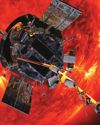
Space probe "touches" the Sun
NASA's Parker Solar Probe made history on 24 December 2024 with the closest-ever approach to the Sun.

Asel Sartbaeva
Meet the researcher whose work will save lives around the world.
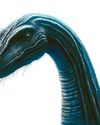
Loch Ness Monster
Can new studies of Loch Ness finally unlock the secrets of Nessie?
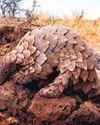
Pangolin preservation
Meet the puppy protectors helping to save a threatened animal.
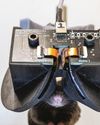
Mice wear VR goggles
Scientists at Cornell University in the US have built virtual reality (VR) goggles for mice.
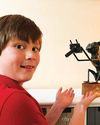
10-year-old wins award
A woman who had bowel cancer is now cancer-free after receiving a liver transplant.
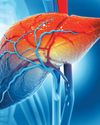
A life-saving liver transplant
A woman who had bowel cancer is now cancer-free after receiving a liver transplant.
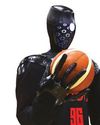
Robot shoots hoops
A robot designed by Toyota Motor Corporation in Japan has broken the world record for the longest basketball shot by a humanoid robot.
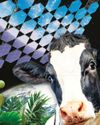
SCIENCE SAVES THE WORLD
Space umbrellas, green sand and garlic milk... Isabel Thomas explores the boldest ideas and wackiest ways to fight climate change and fix the planet.